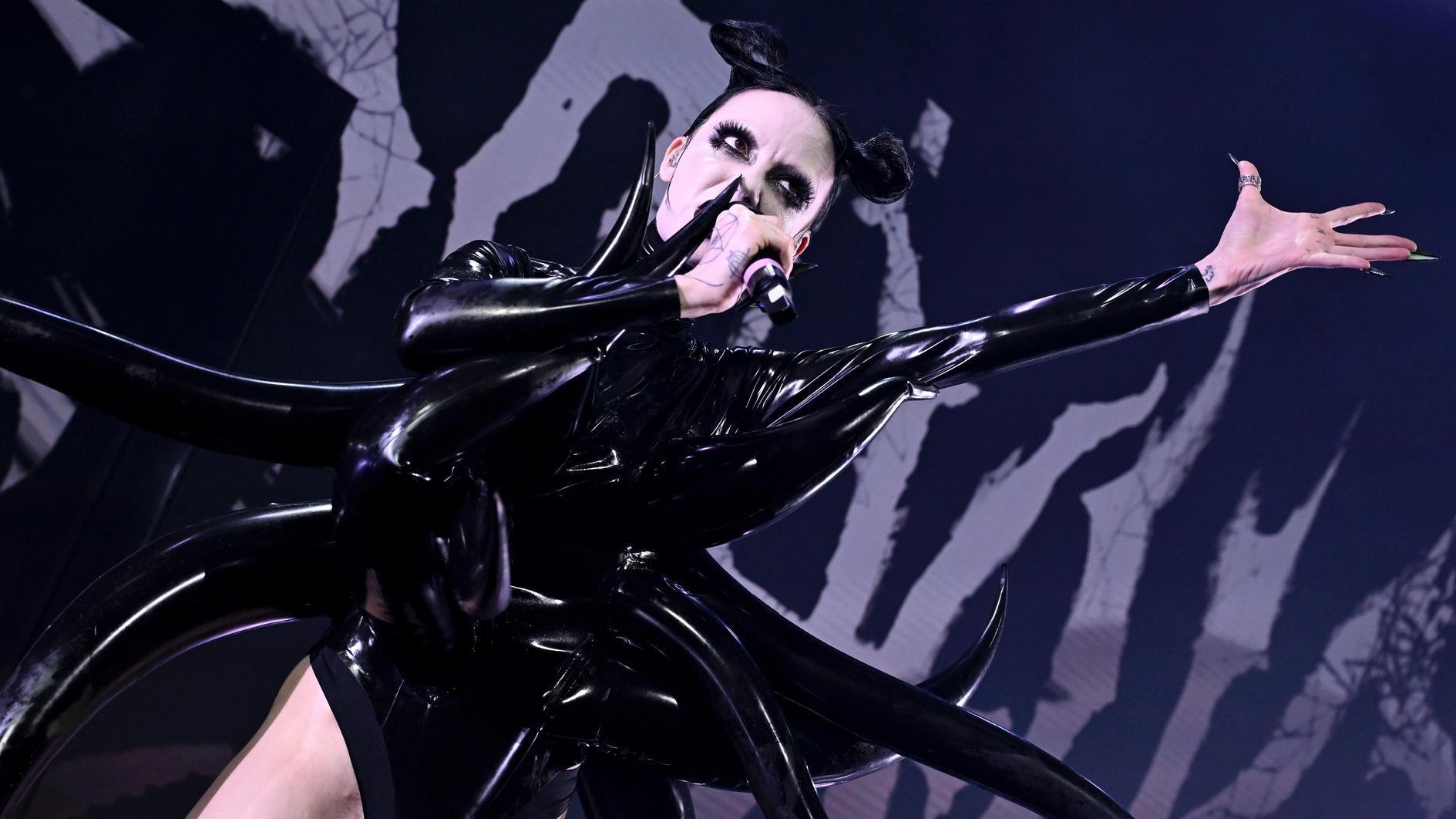How would Fethullah Gülen be extradited?
It was on that day when President Recep Tayyip Erdoğan told U.S. Gen. Joseph Votel, “Who are you? You have got to know your place,” that the U.S. administration was debating how to respond.
The Turkish side has had a grudge against CENTCOM (the U.S. Central Command) since 2003. It is the central army in charge of the Middle East, the ones that had put sacks over Turkish officers in Iraq.
But Erdoğan’s reply to Votel’s words, said at a conference in the U.S., which the Wall Street Journal took out of context, was something beyond this. Votel later said the U.S. had nothing to do with the coup attempt. Another U.S. official was complaining about how Votel’s words were distorted.
They are right but there is another issue that they have not grasped yet. Another U.S. official said, “I don’t understand why Turks are accusing us.” I told him that there was a widespread opinion, based on evidence, in Turkey that Fethullah Gülen, who has been living in the U.S., had a role in the coup.
You know what he said? “What is expected from us? Should we extradite a dissident to Turkey? Then, should we return the Chinese dissidents also?”
Up to now, Gülen has been recognized by the U.S. administration as a “dissident.” In other words, a political figure probably unfairly accused by the government he opposes.
This is the understanding of the U.S. administration. Congress is no different. I attended the Democrat congress in Philadelphia. Bilal Erdoğan’s classmate from Harvard, Congressman Brendan Boyle representing Pennsylvania, for instance, said he was definitely concerned about the outlook that the current government in Turkey was moving away from democratic norms, but at the same time nobody in the U.S. should support any military coup anywhere. Focusing on the detentions and arrests after the coup attempt, he said he feared Turkey becoming as anti-democratic and anti-secular as other Muslim countries.
In the probable administration after U.S. President Barack Obama, conditions will be much tougher for the Erdoğan administration because there are several top level Gülenists working in the Hillary Clinton campaign. These people have important responsibilities in the campaign. When Obama spoke to support Clinton, these people were sitting in the box where the top level people sat.
As a matter of fact, officials from Clinton’s campaign are protective of these people. The deputy communication director of the campaign, Kristina Schake, said she was not sure she had anything to add to Clinton’s statement condemning the coup attempt. She wanted rule of law to be respected.
Clinton’s national security advisor, Jeremy Bash, speaking on the reflection of Gülen on Turkish-American relations, said Turkey and the U.S. had ties and a cooperation that went way back.
The whole issue is what Erdoğan has in mind. If in the aftermath of the coup attempt, the detentions and arrests of journalists come to an end and everybody had a fair and impartial trial, then the U.S. administration officer who compared Gülen to Chinese dissidents, the congressman who stressed rule of law and election campaign officers will not have any excuses on which to base their views.
If in this case the U.S. still does not extradite Gülen for other reasons, then it would be apparent that Washington is not sincere in its words. It is a different debate.
But, at least Turkey will have democratic order.
However, if past mistakes are repeated in the operations conducted after the coup attempt, both in terms of the system in Turkey and in terms of relations with the West, particularly the U.S., the Gülen issue might trigger radical developments.
There are plenty of reasons to be both optimistic and pessimistic.











